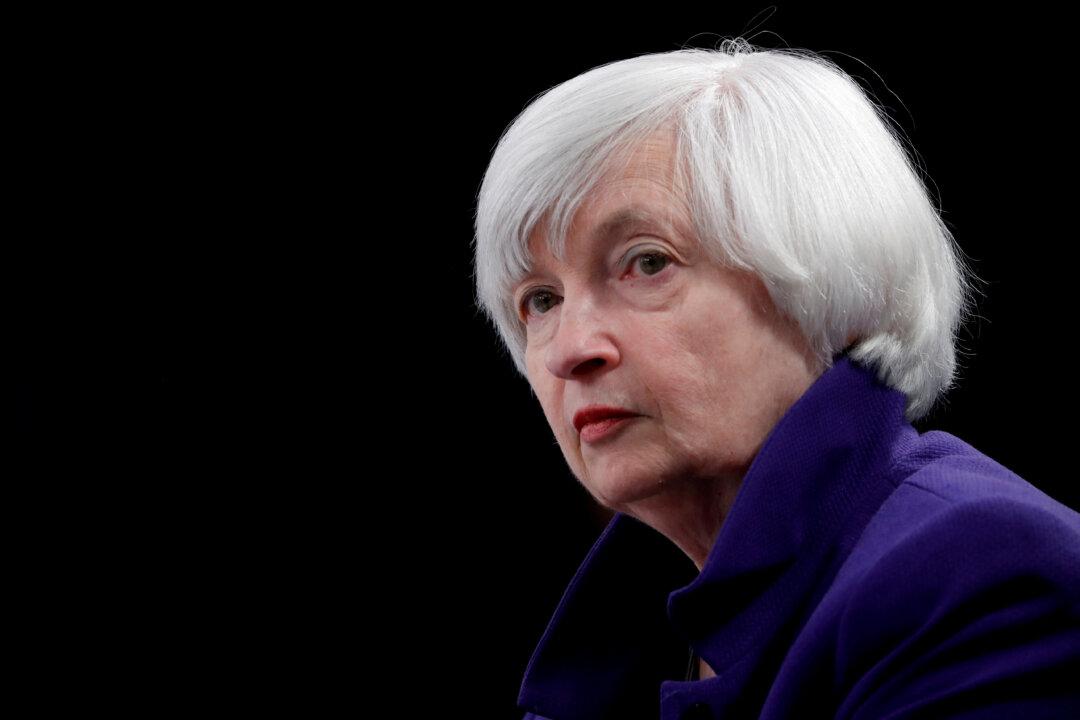A coalition of consumer and banking groups is urging Treasury Secretary Janet Yellen to take action to close a loophole in the recently passed $1.9 trillion pandemic relief bill that allows the $1,400 direct payments to American families to be seized by debt collectors.
The economic impact payments (EIP), as the stimulus checks are formally known, were shielded from garnishment under previous COVID-19 rescue bills. But the American Rescue Plan, which President Joe Biden signed into law on March 11, does not explicitly prevent debt collectors from seizing those funds.





